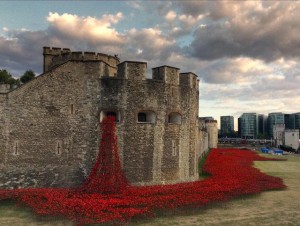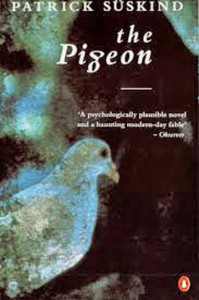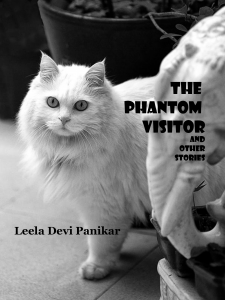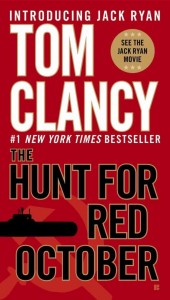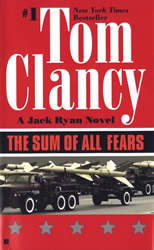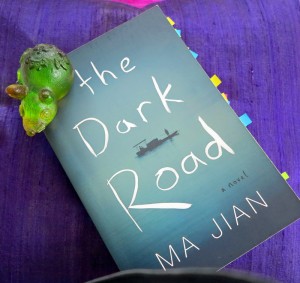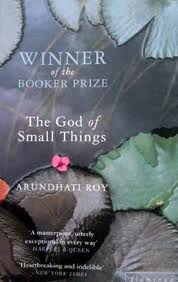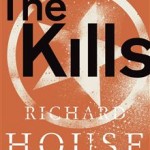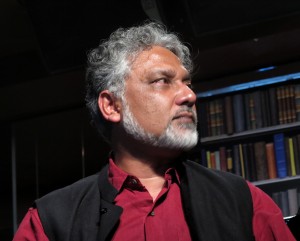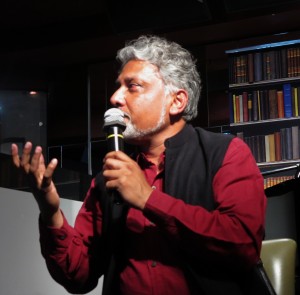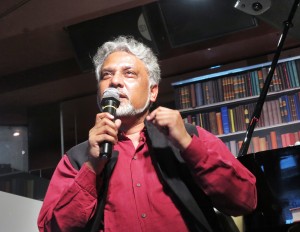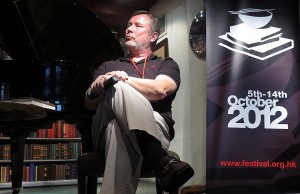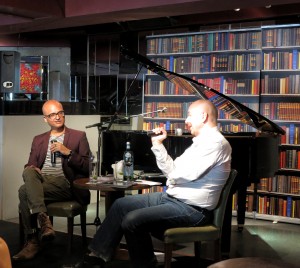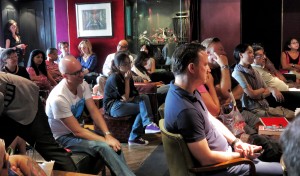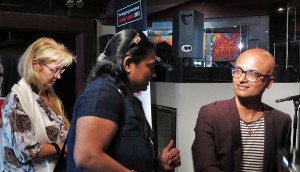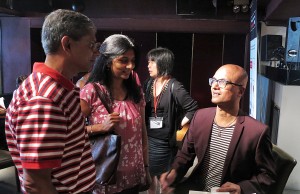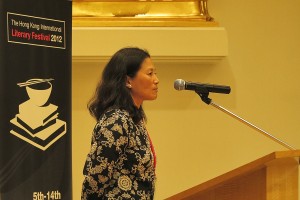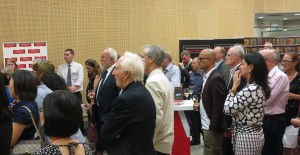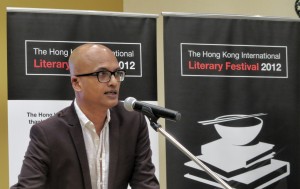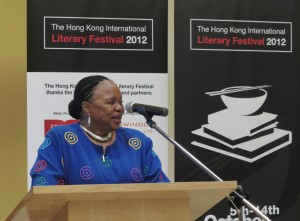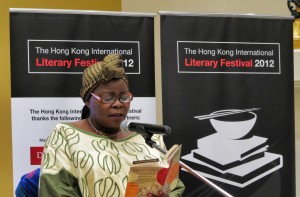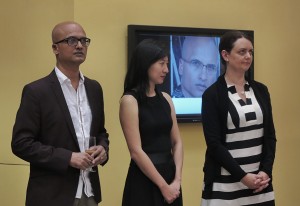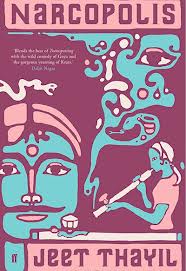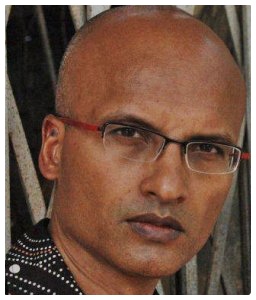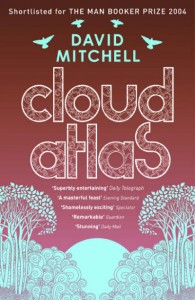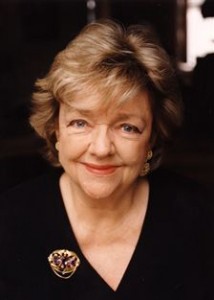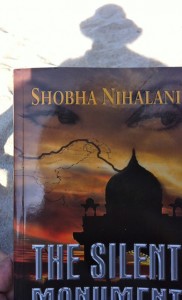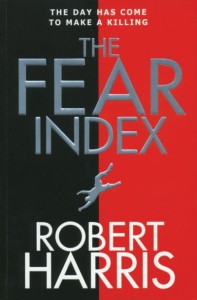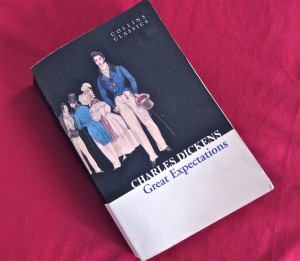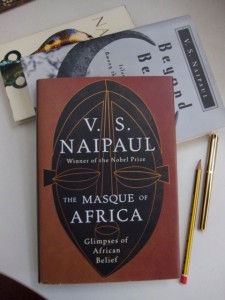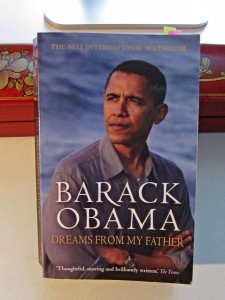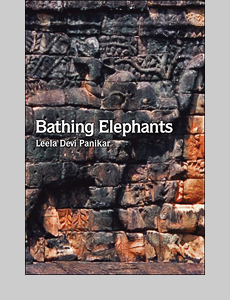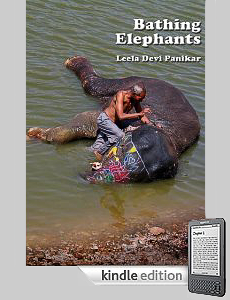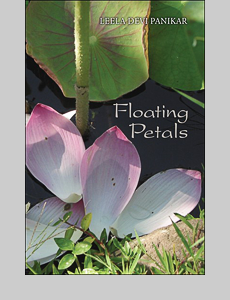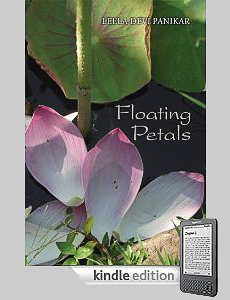Land and Sea of Blood
“Blood Swept Lands and Seas of Red”
888,246 red ceramic poppies are displayed in Britain on 100th anniversary of World War I. Reminding us of lives lost for peace. But peace we have not achieved.
Since then we have managed a Second World War. Battles and killings still rage all around us. Governments pushed by greed for power to occupy and control thrive on more and more powerful weaponry and send out able-bodied men and women to kill fellow humans.
We have come across epic battles of bloodshed and horror in verses of the Hindu Ramayana and Mahabharata and the poetry Homer’s Iliad.
We did not learn.
We are incapable of learning it would seem.
And here the magnificent and dramatic display poppies showing blood shed – Gannon Burgett
http://petapixel.com/2014/08/02/breathtaking-photos-tower-london-adorned-888246-ceramic-poppies-commemorate-wwi/
The poppy as a symbol of the fallen soldiers of World War I comes from
In Flanders Fields and Other Poems from John McCrae’s collection of 1919
‘In Flanders fields the poppies blow
Between the crosses, row on row,’
About 10 million soldiers and seven million civilians were killed in World War I. Writers; and poets like Thomas Hardy, Rupert Brooke, Siegfried Sassoon, William Butler Yeats, Robert Graves, and Wilfred Owen responded writing about the great tragedy, the loss, the horror and the brutalities.
From one of my favourite poets: Wilfred Owen (1893-1918)
“This book is not about heroes. English Poetry is not yet fit to speak of them. Nor is it about deeds, or lands, nor anything about glory, honour, might, majesty, dominion, or power, except War. Above all I am not concerned with Poetry. My subject is War, and the pity of War.”
And the poem he wrote just months before his death in 1918.
Dulce et Decorum Est
Bent double, like old beggars under sacks,
Knock-kneed, coughing like hags, we cursed through sludge,
Till on the haunting flares we turned our backs
And towards our distant rest began to trudge.
Men marched asleep. Many had lost their boots
But limped on, blood-shod. All went lame; all blind;
Drunk with fatigue; deaf even to the hoots
Of tired, outstripped Five-Nines that dropped behind.
Gas! GAS! Quick, boys! — An ecstasy of fumbling,
Fitting the clumsy helmets just in time;
But someone still was yelling out and stumbling
And flound’ring like a man in fire or lime . . .
Dim, through the misty panes and thick green light,
As under I green sea, I saw him drowning.
In all my dreams, before my helpless sight,
He plunges at me, guttering, choking, drowning.
If in some smothering dreams you too could pace
Behind the wagon that we flung him in,
And watch the white eyes writhing in his face,
His hanging face, like a devil’s sick of sin;
If you could hear, at every jolt, the blood
Come gargling from the froth-corrupted lungs,
Obscene as cancer, bitter as the cud
Of vile, incurable sores on innocent tongues, –
My friend, you would not tell with such high zest
To children ardent for some desperate glory,
The old lie: Dulce et decorum est
Pro patria mori.
[it is sweet and right to die for your country]

